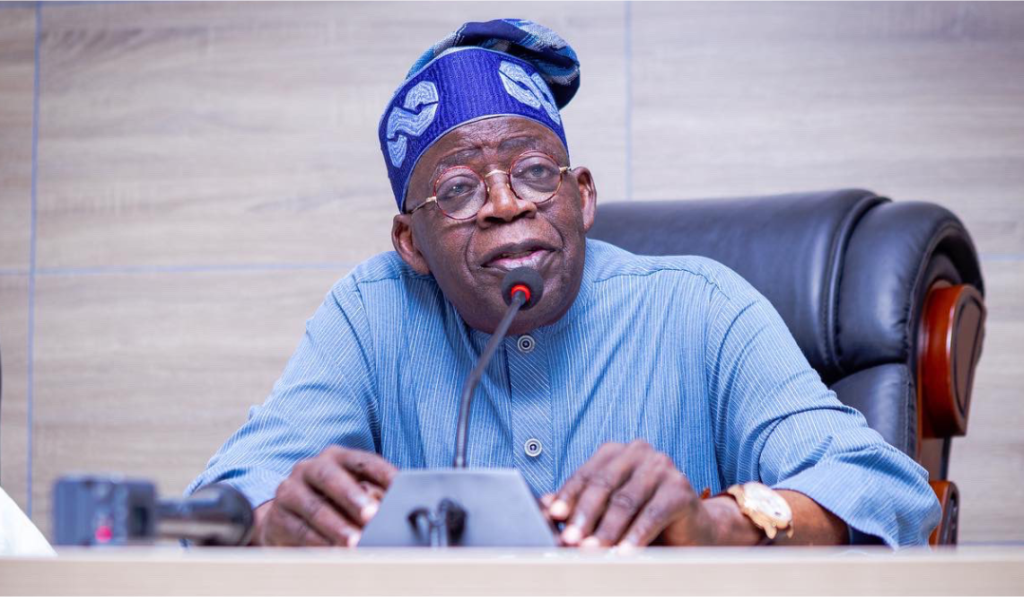Nigeria’s fiscal landscape presents a complex picture of increased revenue collection alongside persistent funding gaps and a growing reliance on borrowing. While the government celebrated a significant 40.5% surge in revenue for the first eight months of 2025, reaching a record N20.59 trillion, driven primarily by non-oil revenue, this positive development has not curtailed the need for further borrowing. This apparent contradiction underscores the deep-seated structural challenges within the Nigerian economy, where despite improved revenue streams, critical sectors like infrastructure remain underfunded, hindering development and sparking protests from local contractors demanding payment for completed projects.
The government’s plan to continue borrowing, both locally and internationally, contrasts with earlier pronouncements about achieving revenue targets and lessening dependence on loans. This shift in strategy highlights the ongoing struggle to balance ambitious development goals with the fiscal realities of a nation grappling with substantial infrastructure deficits and other pressing needs. The World Bank’s anticipated approval of $1.75 billion in loans by the end of 2025, earmarked for projects in agriculture, health, and digital infrastructure, further exemplifies this reliance on external funding. While these loans offer crucial support for key development initiatives, they also add to Nigeria’s already substantial debt burden, raising concerns about long-term fiscal sustainability.
The proposed World Bank loans will be distributed across several strategic projects. $500 million is designated for the Nigeria Sustainable Agricultural Value-Chains for Growth project, aiming to boost agricultural productivity and integrate value chains to foster rural development and economic diversification. Another $500 million will be allocated to the Building Resilient Digital Infrastructure for Growth project, intended to enhance Nigeria’s digital landscape and drive economic expansion within the technology sector. The Health Security Programme in Western and Central Africa will receive $250 million to bolster Nigeria’s health systems and preparedness for health emergencies. Finally, $500 million will be directed towards the Fostering Inclusive Finance for MSMEs in Nigeria project, focusing on improving access to finance for small and medium-sized enterprises, a crucial engine for economic growth and job creation.
These impending loans come on the heels of significant World Bank lending over the previous two years, totaling $8.40 billion, distributed across various sectors including energy, education, healthcare, rural infrastructure, and governance. This continued reliance on external financing underscores the magnitude of Nigeria’s developmental needs and the challenges in meeting these demands solely through domestic resources. While these loans offer concessional terms and support crucial projects, they contribute to a growing debt burden that necessitates careful management and strategic deployment of funds to ensure long-term economic viability.
Economists offer divergent perspectives on the implications of Nigeria’s rising debt profile. While some acknowledge the potential benefits of concessionary loans for long-term development, they emphasize the importance of effective utilization and project viability to generate sustainable growth and improve public services. Concerns have been raised about the government’s borrowing strategy, questioning the rationale for increased debt amidst rising revenue. Critics argue that the funds generated from the removal of fuel subsidies and reported surpluses from revenue-generating agencies should be sufficient to finance key projects without resorting to extensive borrowing. The fear is that increased debt servicing will further strain public resources, potentially crowding out essential capital expenditure and hindering job creation, while exacerbating inflationary pressures and weakening the national currency.
The core issue revolves around debt sustainability and Nigeria’s capacity to service its obligations. A robust revenue stream is crucial to meet repayment schedules and avoid a cycle of borrowing to service existing loans. The effectiveness of borrowed funds in generating economic activity that strengthens the nation’s repayment ability is paramount. Experts caution against over-reliance on foreign loans due to exchange rate risks, advocating for a more balanced approach prioritizing domestic debt, which is generally considered more manageable. A disciplined and strategic approach to debt management, coupled with effective revenue mobilization and prudent expenditure, is essential for Nigeria to navigate its current fiscal challenges and achieve sustainable economic growth without jeopardizing long-term financial stability. The continued rise in borrowing, despite increased revenue, necessitates a careful assessment of the nation’s fiscal trajectory and a renewed focus on ensuring that borrowed funds are strategically deployed to maximize their developmental impact and strengthen Nigeria’s long-term economic resilience.














